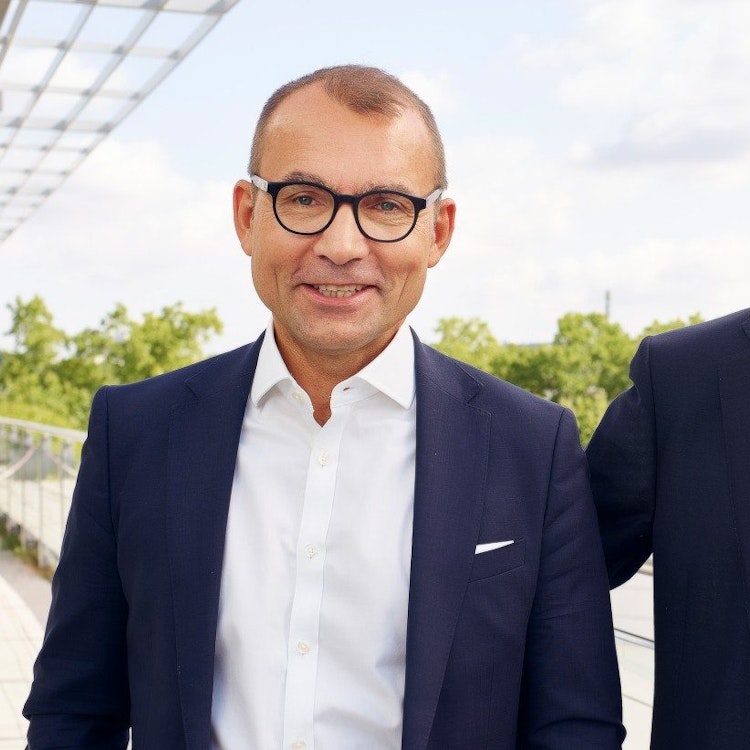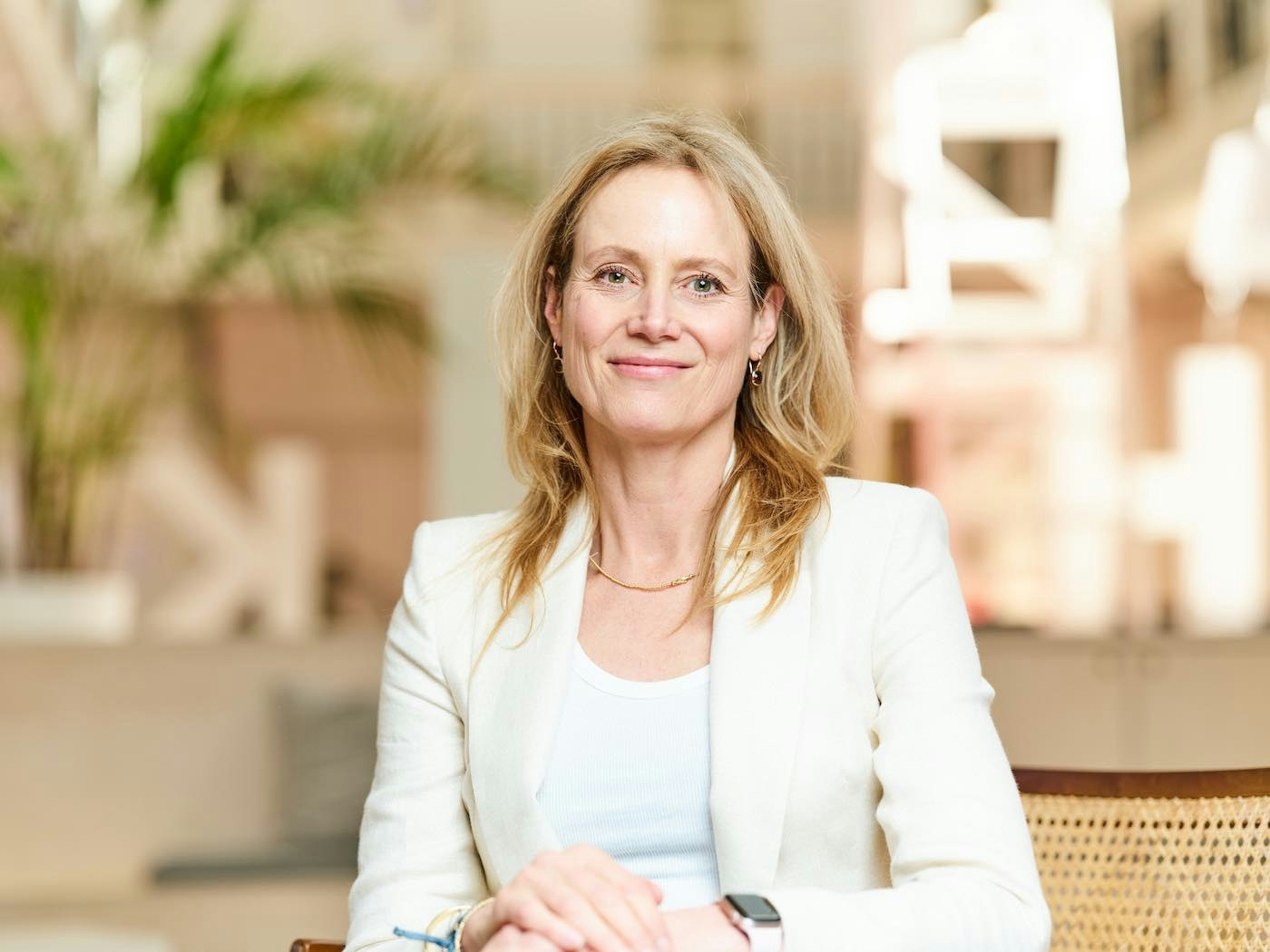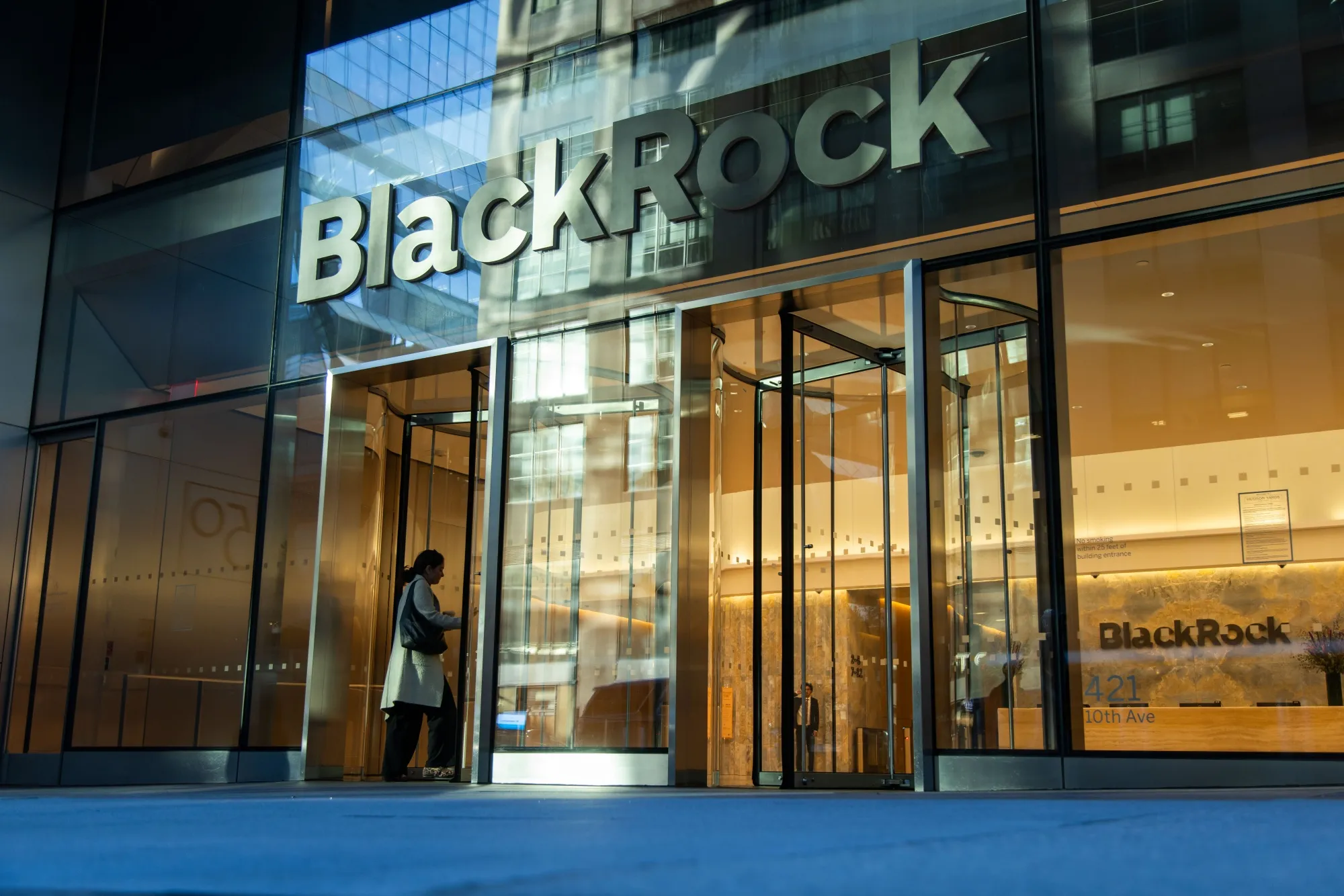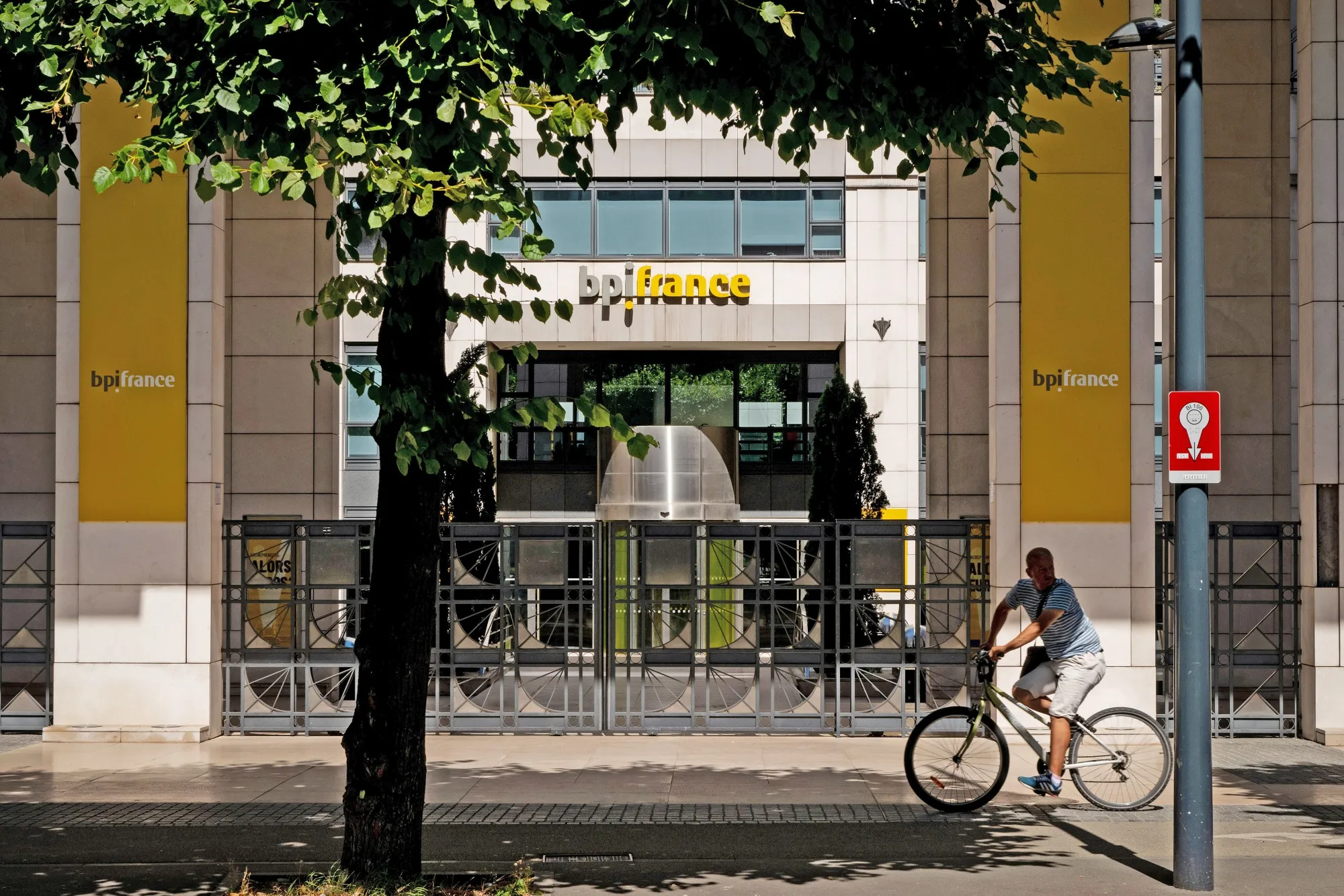VC fundraising was slow in 2022 and 2023, but things are “steadily improving”, says Jörg Goschin, managing director at German state-backed LP KfW Capital.
“We looked at around 220 funds last year and we expect that number this year to be higher, which shows that fundraising activity is picking up,” says Goschin. “I think we can say that the light at the end of the tunnel which we saw last year is getting brighter.”
A subsidiary of the KfW Development Bank, KfW Capital is a major LP in European VC funds including Germany’s Project A and Earlybird and France’s Partech. Since its founding in 2018, it’s invested in 120 VC funds — nine of which were funded this year, including impact-focused firms Norrsken VC and AENU as well as growth fund Nordic Alpha.
The LP is also seeing an increase in capital calls from VCs — when a VC requests money from an LP that has been committed to the fund — a “reassuring” sign that investments in startups are also on the up, adds Goschin.
VC trends
Of the 220 funds KfW Capital “seriously looked at” last year, 50% of the requests were VC funds from the ICT sector which KfW defines as SaaS startups, AI, marketplaces and e-commerce. About a quarter were life sciences funds and the rest were generalist funds with no specific sector or stage focus.
The LP is also seeing an increase in deeptech funds approaching it for capital — which is “needed” says Goschin, as deeptech funds can “find it challenging to fundraise as they have longer development times to invest in products”.
KfW Capital says it focuses on gender diversity in its due diligence process, and has many funds in its portfolio that are led by female GPs, or that have women at the partner or senior investment team level. In 2023, 46.3% of the funds in its portfolio had at least one female GP.
Gender diversity is also a focus of KfW Capital’s €200m emerging manager facility, launched in 2023 to invest in funds with €50m in AUM (assets under management). To be selected, funds must meet certain criteria in terms of the representation of women and non-binary individuals in their management or senior investment teams.
Its first investment was made last month in deeptech and climate tech VC Nucleus Capital’s second fund, which has a target size of €40m and is led by GPs Isabella Fandrych and Maximilian Schwarz.
The dual-use conundrum
Recently, many LPs in Europe have become keen to invest in dual-use funds. For example, the EIF announced a €175m pot of money to back defence and dual-use funds at the beginning of 2024 — but KfW Capital is not looking to invest in this area. Weapons remain on the exclusion list it receives from the German government.
It’s a difficult topic. I mean, what do you define as dual use?
“It’s a difficult topic. I mean, what do you define as dual use?” says Goschin. “AI could be completely for civilian use, but could also be [for] military use. Drones, for example, could be used for surveying crops in agriculture, but they could also be used for spying or even attacking.”
Goschin is, however, seeing an increase in the number of VC funds — including government-backed ones, like the NATO Innovation Fund — wanting to invest in dual-use startups. “That wasn’t the case five years ago.”
He’s also observed a “political dialogue” on a government level taking place in Germany, France and other European countries about whether or not to invest in dual use, and how this might be done. “France is even more progressive; we see that things there are moving more towards dual use,” he says.
Getting more private capital into VC
The launch of Germany’s €1bn fund of funds last year to invest in German and European VC funds — two-thirds of which was provided by institutional investors — was considered a breakthrough for a country where mobilising private capital hasn’t been the norm. Unlike the US, insurance companies and pension funds in Germany have traditionally been shy to invest in venture capital, preferring to invest in bonds, which affects the availability of capital for startups at the later stages.
According to a 2023 analysis by the VC firm Redstone, US pension funds own 10% of Germany’s tech unicorns, compared with 0.2% held by German pension funds.
“The mobilisation of capital from private investors is very important, especially from a point of view as a sovereign investor, because state budgets — not only in Germany, but also in other countries — are limited and getting even tighter,” says Goschin.
He adds that there is positive momentum on a political level to get more private capital into VC and there will be more measures to come.
The German government’s Future Financing Act, for example, unveiled in November last year is hoped to “remove some hurdles” and make it easier for private investors to put money into the VC sector.
There’s also an “interesting movement” taking place in other European ecosystems to this end, says Goschin. He points to British insurer Phoenix and fund management company Schroders' recent agreement to launch a private markets investment firm to invest up to £20m in assets across green technology, real estate, private equity and private debt.




